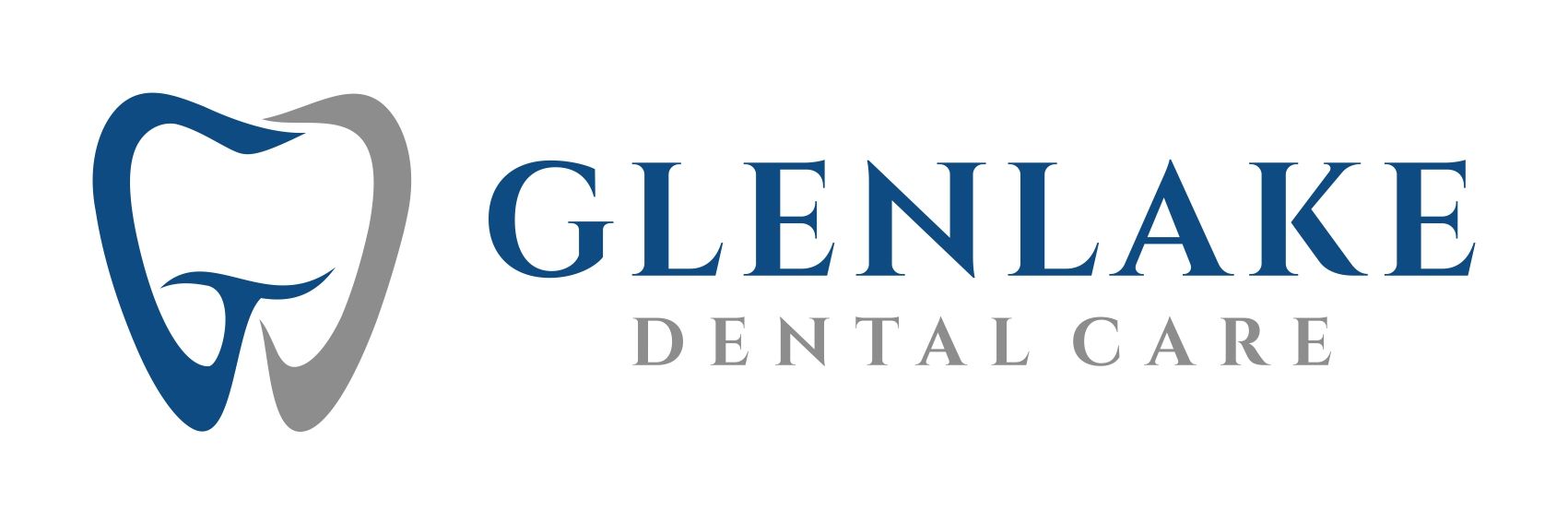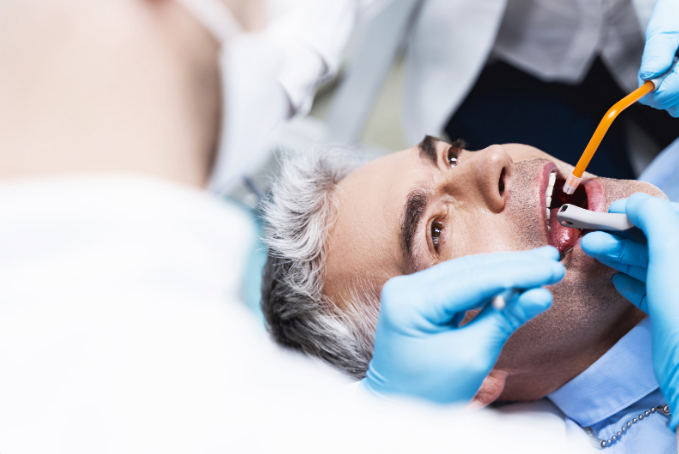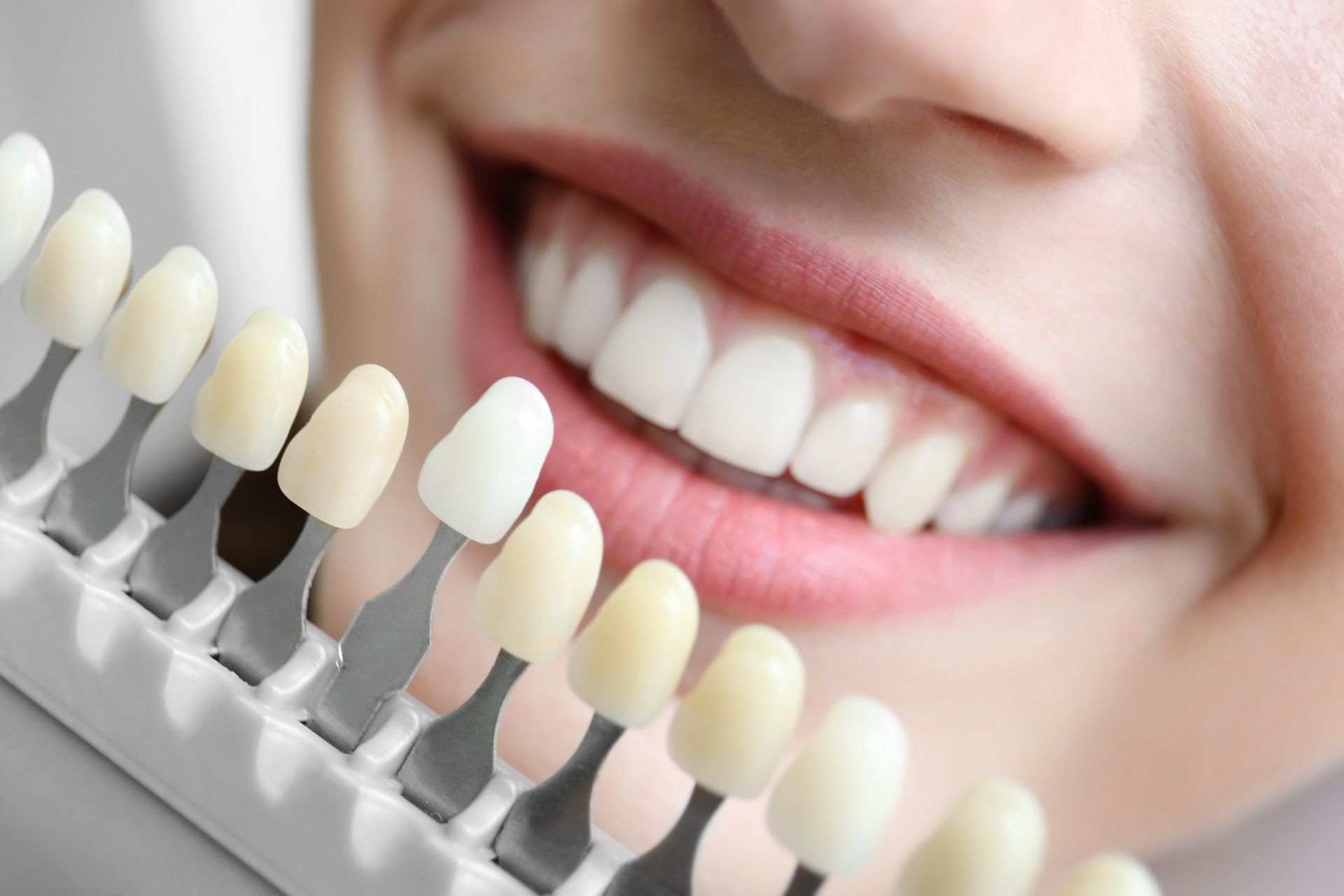Do Dental Implants Hurt Afterwards?

Millions of people lose teeth every year despite advancements in dental treatment, most frequently as a result of tooth decay, periodontal disease, or trauma. Dentures and bridges were the only treatments available for many years for persons who had lost teeth. But dental implants are now readily available.
There are many options for tooth replacements, one of them is dental implants. When considering dental implants with a Glenview dentist, you might want to learn more about the recovery process. You may be seeking more information about your upcoming procedure for dental implants or considering this tooth replacement option. Pain and discomfort is common for dental procedures, but for how long will it last for dental implants? What should you expect after dental implants? In this blog, we will go over the question, do dental implants hurt, to give you a better understanding.
What are Dental Implants?
Dental implants are replacement tooth roots. Implants provide a strong foundation for fixed (permanent) or removable replacement teeth that are made to match your natural teeth. The implantation procedure is categorized as a form of prosthetic (artificial replacement) dentistry, but also is considered a form of
cosmetic dentistry.
Why Dental Implants are so Popular
Do implants hurt, No dental implants are the next best thing to natural teeth in terms of appearance, feel, and function, allowing you to be confident in your smile. Furthermore, dental implants may provide a better long-term value than traditional tooth replacement options.
- Restores chewing ability
- Cosmetic appearance is restored.
- Aids in preventing jawbone shrinkage due to bone loss.
- Keeps the surrounding bone and gums healthy.
- Aids in the stability of adjacent (nearby) teeth
- Enhances quality of life
Dental implants provide excellent long-term value and can be a fantastic investment in long-term oral health because of all of these benefits.
Dental Implants Does it Hurt?
A dental implant procedure is done with numbing and sedation. This is a way to offer every patient pain management early on in the recovery process. Due to this, for the first few hours after the procedure, your new dental implant will not hurt but there will be discomfort and bleeding by the implant.
As the sedation wears off you may begin to feel some pain and discomfort from your new dental implant. Depending on your dentist, you may receive a prescription for pain management that you will fill and take as directed. It is very important to follow instructions as laid out by your dental implant dentist as prescribed medications are stronger than personal pain management medication. However, if this is not offered to you, there are many ways to self manage. One option is to take over-the-counter medicine such as ibuprofen, acetaminophen, and others. These may be good not only for the pain but for inflammation.
First Week of Recovery?
When you are recovering from your dental implant procedure, it is good to know that the first week is when your mouth will adjust the most to your dental implants. Pain is most common in the first 3-7 days of your procedure. To manage the pain and swelling these first few days, taking prescribed or over the counter medication will be the best to help with your healing process. The icing on the first day may help to reduce swelling as well.
Two Weeks After Recovery?
By around two weeks after your procedure, your implant should be fully healed or on its way to be fully healed. At this point in the healing process, there may still be some discomfort and bruising. This is normal and expected when you are nearing two weeks after your dental implant procedure. If you are still bleeding and having intense pain due to your implant, this is cause for concern. Please contact your dentist to pinpoint the cause of your pain as any complications at this point should be looked at by your doctor. There may be a variety of reasons that your implant is not healing as planned. Because of this, it is important to reach out to your dentist to assist do a check up on the state of your new implant. Your Glenview dental implant dentist will likely offer you a consultation to revisit your implants.
Are You a Good Candidate for Dental Implants
Do I need an implant, a dental implant is a good choice for you if:
- Both your general and oral health are good.
- Your jawbone is strong enough to sustain the implant.
- Your gum tissues are in good health and free of periodontal disease.
The soft tissues (i.e., gums) and underlying hard tissues (i.e., bone) in the mouth are closely linked to dental implants. Periodontists have the ideal combination of experience and knowledge to ensure that you receive a dental implant solution that looks and feels just like your natural teeth because they have completed three years of specialized training outside of dental school to make them experts on both soft and hard tissues.
Are Dental Implants Safe & Right For You - Contact Glenlake Dental Care!
In this blog, we went over the question,
does dental implants hurt
after or pain after dental implants? Whether you are learning about dental implants to prepare for your procedure or considering tooth replacement with dental implants, the best way to prevent pain after dental implants is to choose an experienced
dental implant dentist for your procedure. At
Glenlake Dental Care,
Dr. Eric Lim highly experienced Implant Dentist specializes in implant dentistry in Glenview, IL. If you’re missing one or more teeth and would like to restore your smile,
Dentist Glenview IL, here to help. Contact us at
(847) 892-4696 to get started, or stop by our office at 946 Harlem Avenue, Glenview, IL 60025 to
schedule your consultation.











